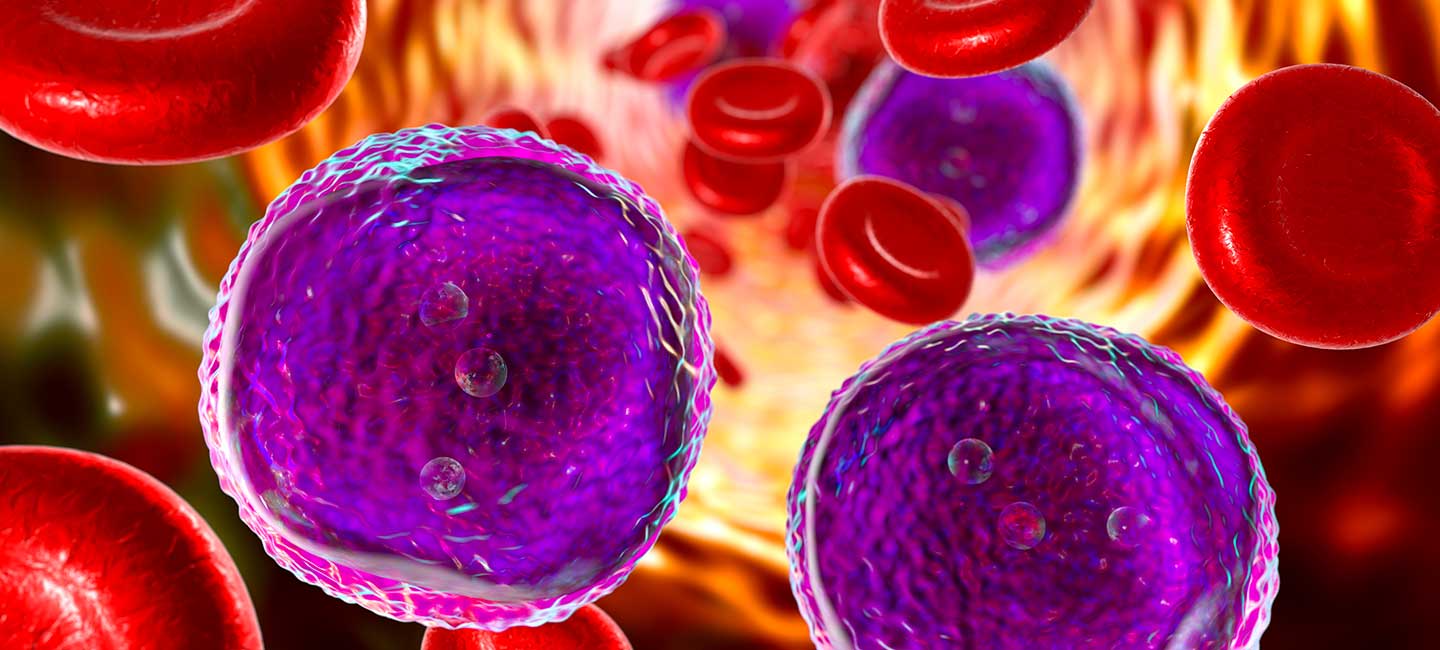ZUMA-3 CAR T Study Results Are In
Results of a recently completed CAR T study are encouraging for patients with acute lymphoblastic leukemia who had relapsed previously or whose disease had become resistant to treatment.

Dr. Bijal Shah, medical oncologist
“CAR T is changing the natural history of how we think about relapsed and refractory disease,” said Moffitt Cancer Center medical oncologist Dr. Bijal Shah. He is the lead author of an abstract presented at the 2019 American Society of Clinical Oncology Annual Meeting that outlined the phase 1 results of ZUMA-3, a study of KTE-X19, an investigational CD19 CAR T cell therapy, in adult patients with relapsed or refractory ALL. CAR T therapy involves a patient’s own T cells that have been genetically engineered to target a patient’s own specific cancer.
The findings are hopeful because the fast-growing disease has a high relapse rate, and ALL may come back in the blood, bone marrow or other parts of the body. “When we talk about acute lymphoblastic leukemia in adults, about 65% of patients will relapse. Those are the numbers,” said Shah. “We are still dealing with a high burden of relapse in spite of very aggressive chemotherapy.”
After a patient with ALL relapses, the outcomes are dismal. “We have to do better than that,” said Shah. That is where the CAR T trial came into play. The trial was designed to determine the safety and efficacy of KTE-X19 in adult patients with relapsed/refractory ALL. Without the CAR T treatment, the patients had an estimated long-term survival of less than 5%, with most of the patients expected to survive no more than one year, noted Shah.
“We are bringing in this novel therapeutic approach and, at least on the phase 1, challenging that natural history — bringing effective therapy in this phase to significantly prolong survival,” said Shah. “It’s pretty cool.”
Shah’s primary clinical interests focus on leukemias (particularly acute lymphoblastic leukemia) and non-Hodgkin lymphomas. He is leading numerous clinical trials for patients with these diseases.


